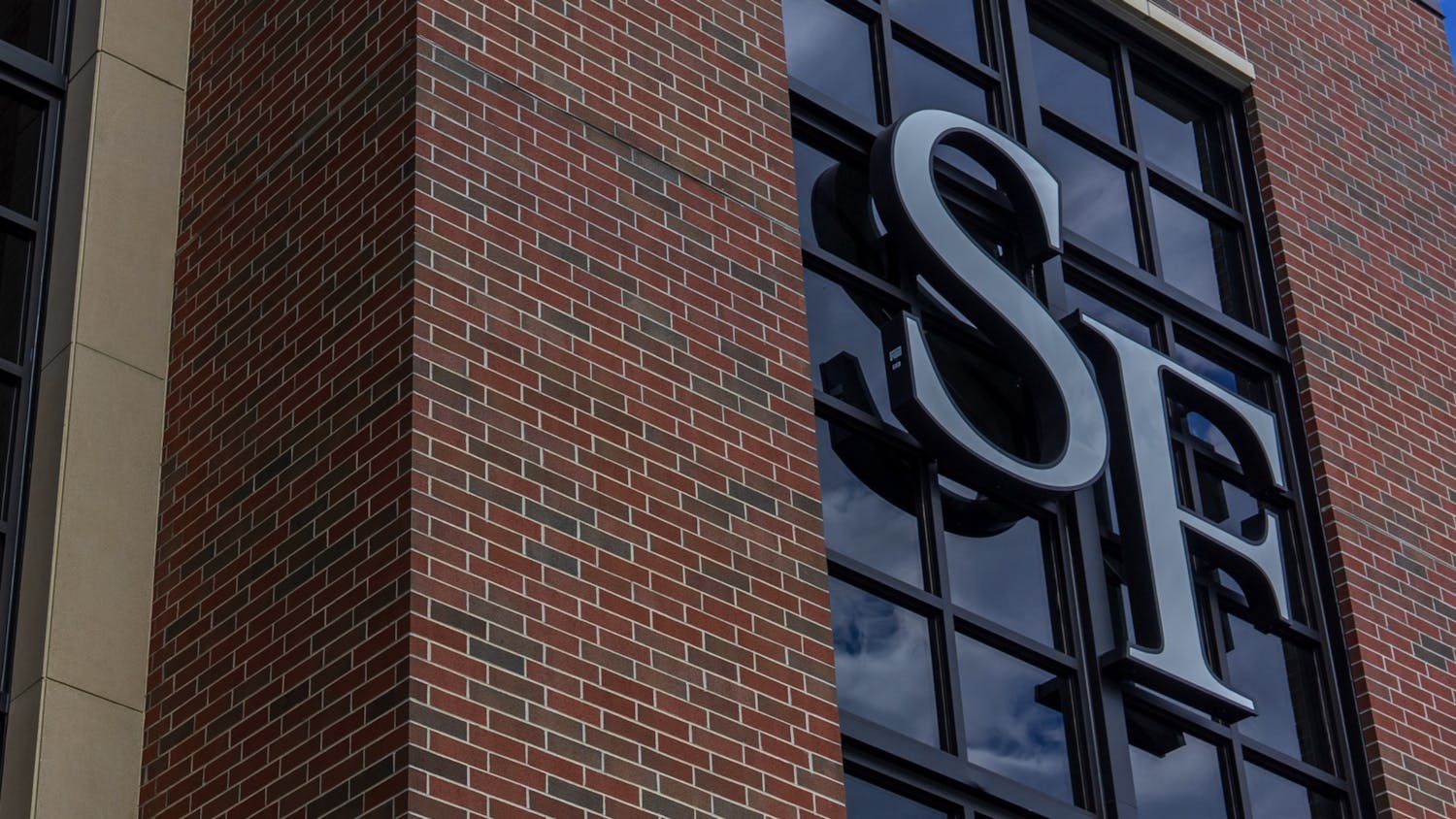If you didn't get the chance to catch Sen. Barack Obama's speech on race Tuesday in Philadelphia, it wouldn't hurt to head over to YouTube to watch it.
No matter what your political beliefs are, or whom you hope to see in the White House come January, his call for "a more perfect union" was a long overdue, refreshingly apolitical approach to race relations in America.
And if recent responses are any indication, Obama's attempt to elevate racial dialogue beyond the sound bytes that have plagued this election cycle will be successful.
Though his delivery was somewhat subdued, it was impeccable - and it's even more impressive that the senator was up late Monday night putting the final touches on what many now consider the most important speech of his presidential campaign.
Or maybe we've just been without an eloquent leader for so long that we've almost forgotten what a real one is supposed to sound like.
But after Tuesday's speech, it's clear that the leader America needs sounds a whole lot like Barack Obama.
The speech emerged as an effort for the senator to address the debate about his relationship to his controversial pastor, the Rev. Jeremiah Wright.
The pastor's inflammatory sermons - which include telling blacks not to sing "God Bless America" but "God damn America"- have brought Obama's personal beliefs and religious affiliations into a decidedly negative light.
So what's a presidential candidate to do?
It would have been easier for Obama to denounce the pastor entirely. It would have been easier for Obama to condemn the statements as "un-American." It would have been easier to do what any other candidate might have done - distract, deflect and disassociate.
But, instead of employing that expected damage control and campaign spin, Obama did something so logical and yet so unprecedented in American politics - he explained himself. With honesty.
Imagine that.
He called out the pundits who have used the video of his pastor in an effort to sidetrack the electorate from looking at ways to work together to solve common American problems like affordable health care, adequate education and available employment.
He explained the context of Wright's impassioned sermons, without excusing them, and tied them to the generational anger and bitterness that so many people of that time share.
The fact that Obama is willing to openly disagree with a controversial opinion and yet attempt to make others understand where those provocative statements are coming from speaks volumes about his ability to embrace diplomacy with competence.
While Obama explained that we will have no choice but to work together and not become victims, he effectively turned his speech into an enlightening, and yet non-condescending, discussion of race.
By using the speech to further address the greater problem in modern America - lack of opportunity and corporate greed - and tying that to what all Americans feel, Obama went beyond the racial divide.
By taking a risk and not giving most Americans what they want to hear, Obama chose to take his moment in history.
By addressing the issue head-on and not allowing television news fodder to cloud his vision, Obama chose to avoid what would be the better nightly news clip.
Maybe this is a change we can believe in.





